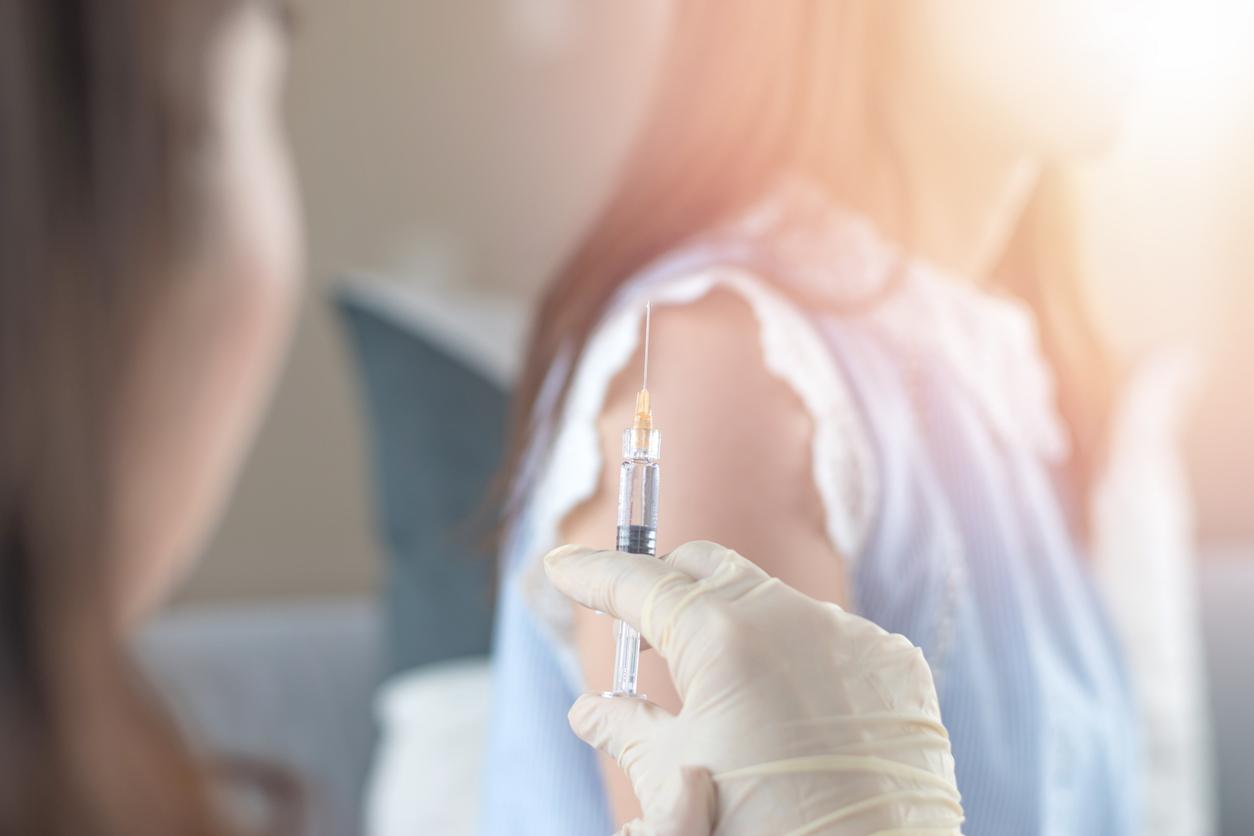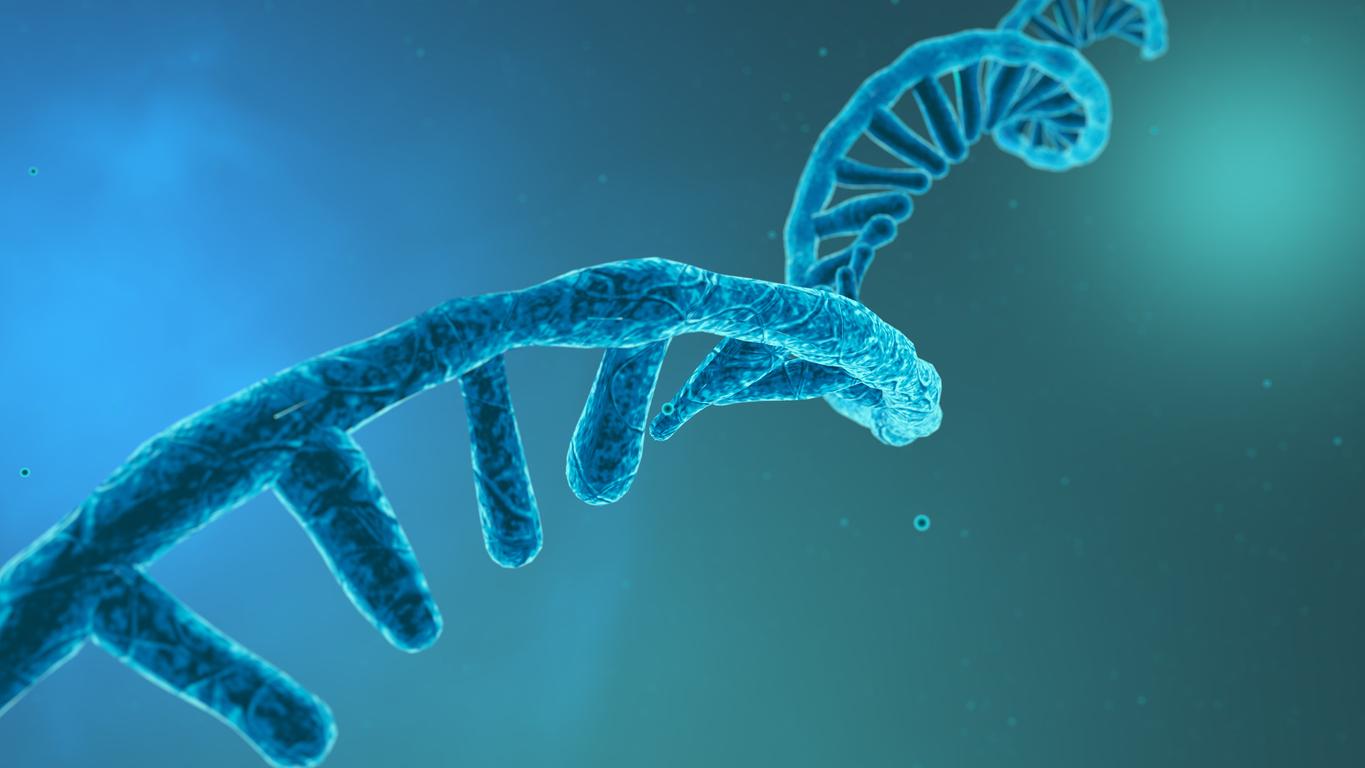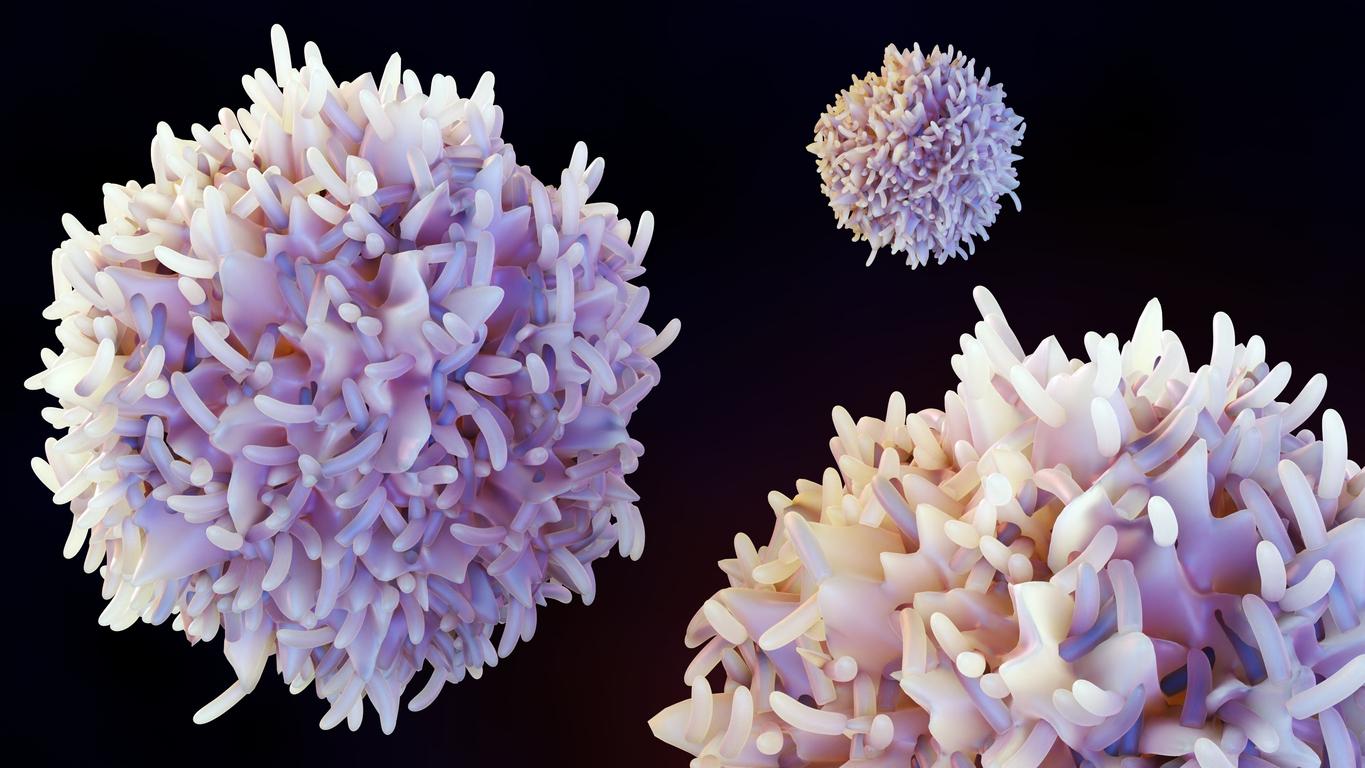American scientists are trying to stimulate the production of the protein “TR1” with antioxidant properties for the skin. Their goal is to develop a vaccine that could help patients strengthen their defenses against skin cancer.

Reducing oxidative stress in the skin linked to exposure to ultraviolet rays thanks to a messenger RNA vaccine. That’s what researchers from Oregon State University College of Pharmacy in the United States suggested. This treatment could promote the production of the protein “TR1” in skin cells, which would have the effect of reducing the risk of cancers induced by UV rays, in particular malignant melanoma, the most serious form of skin cancer. .
Developed by these American scientists, this vaccine lead was tested on mouse models to study the role of the “TR1” protein in the body and the stability of skin cells. The study, the results of which were published in the Journal of Investigative Dermatology, recalled that messenger RNA vaccines work by telling cells to make a particular protein. In the case of vaccines against melanoma, this would therefore be the “TR1” protein.
“After the mRNA is taken up into the cell and the cellular machinery is switched on, the cell should have a high level of antioxidants and be able to cope with oxidative stress and DNA damage caused by ultraviolet raysexplained Arup Indra, professor of pharmaceutical sciences at OSU and lead author of the study.
Modulate the body’s antioxidant system
According to the research team, a vaccine against melanoma could be put in place solely thanks to the action of the “TR1” protein. However, the researchers did not rule out the key role that other antioxidant enzymes, such as glutathione peroxidase or superoxide dismutase, could play.
“Everything must be tested and validated in preclinical models. We need to generate an mRNA vaccine, administer it locally or systemically, and then monitor how it strengthens the body’s defenses. Clearly we are only seeing the tip of the iceberg, but the possibilities are exciting for preventing different types of disease progression, including cancer, by modulating the body’s antioxidant system.“, said Professor Indra in a press release.
.

















